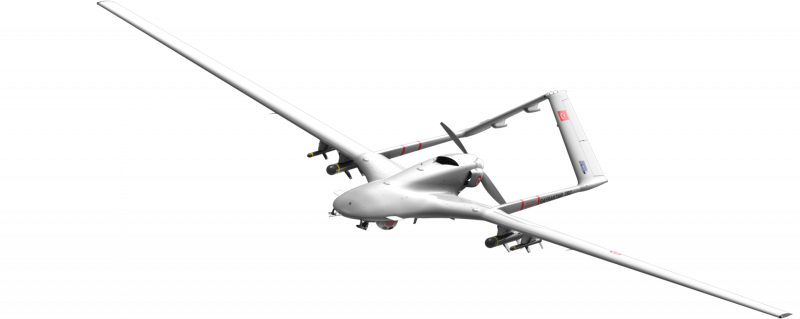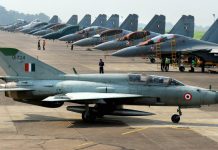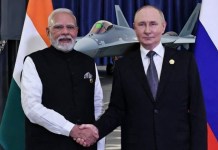To enhance surveillance on the border and fast-track weapons dispatches on the Indian side of Kashmir, Pakistan is roping in Turkey to provide it with high-tech mini UAVs, reports India’s Times Now channel recently reported.
According to the report, the Islamic nation is negotiating a deal to buy small drones from multiple Turkish companies to bolster its UAV fleet for deployment on the border with India.
The Indian security forces recently shot down a drone in the Kathua region of Jammu and Kashmir, with reports of more drone shootings in recent months by the Indian army. Pakistan is, therefore, hunting for more drones, especially mini-UAVs, to up its game against India.
With Turkish drones gaining worldwide popularity for their battle performances, as demonstrated in the Nagorno-Karabakh conflict, and the wars in Syria and Libya, Pakistan is reportedly planning to profit from its closest ally’s autonomous assets.

The reports in the Indian media also talked about Pakistan conducting trials in early September this year for the S-250 mini UAV at its 506 UAV base workshop. Subsequently, more trials were held in the 12 Infantry Division area from 8th to 18th September.
The S-250 is considered an ideal drone for effective monitoring of a designated area at any time of the day, ensuring the security of assets, detecting acts of unauthorized activity in areas of responsibility. Despite its small size, it can fly for up to 3 hours, with a video transmission range up to 25 km, and a control range of up to 50-70 km.
The Pakistan army has been looking for mini UAVs, which can stay for several hours in the air, to monitor the border, with a preferable range of 150 km. The trails S-350 UAV and there have been trials at Gwadar, Muzaffarabad, and Turbat, in Balochistan. It can be in the air for over four hours and has a range of 280 km.
The unmanned aerial vehicle S-350 is designed for panoramic and planimetric aerial photography and video shooting and other similar tasks. Its modular architecture allows for quick and efficient changes of UAV payloads and aircraft equipment variations.
The sealed design of the control system module and payload considerably prolongs the service life of the costly equipment under regular operation.
Pakistan has also been negotiating to buy advanced drones from Turkish companies, such as Bogazici Savunma, a Turkish firm, for the ILTER drone detection and neutralization systems.
The ILTER Drone Detection and Prevention System is the latest feature in today’s drones, with automatic detection, stopping and deception features against drones using ISM bands while communicating remotely.
Turkey is becoming a hub of modern drone technologies and has exported its armed drones to many countries in recent years. The Turkish drones used in the recent Nagorno-Karabakh war helped Azerbaijan claim a decisive victory over Armenia, and Pakistan is aiming to bolster its offensive capabilities by incorporating the country’s newly acquired edge.
Pakistan has a dire need for advanced drones as it is fighting a proxy war in the Indian state of Jammu and Kashmir, where the UAVs can be used for dropping weapons and surveilling the target areas. The Pakistan army has used drones to supply AK-47s to the militants on the Indian side of the border multiple times in recent years.
Besides, during the frequent border skirmishes, the army will need to keep an eye on the weapons and human targets on the other side of the border without exposing itself, which is why drone warfare will become the order of the day in the near future.




